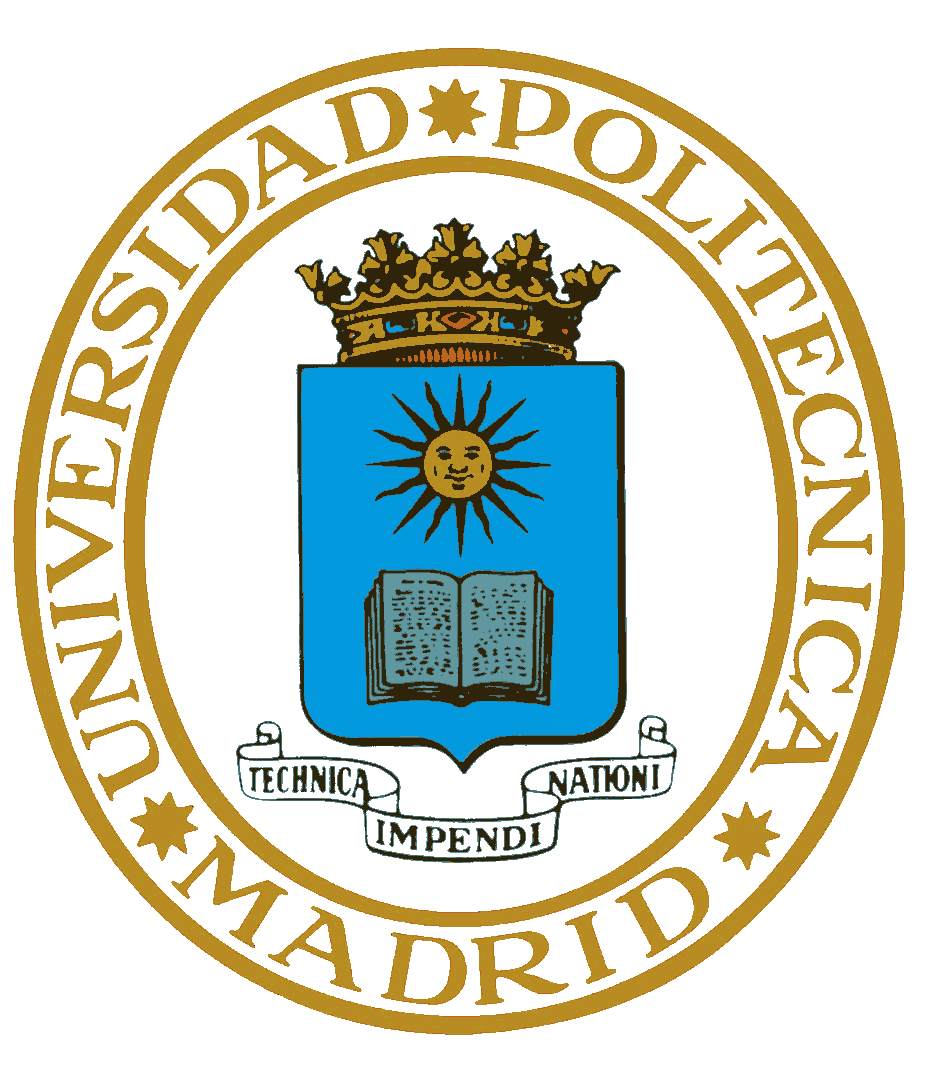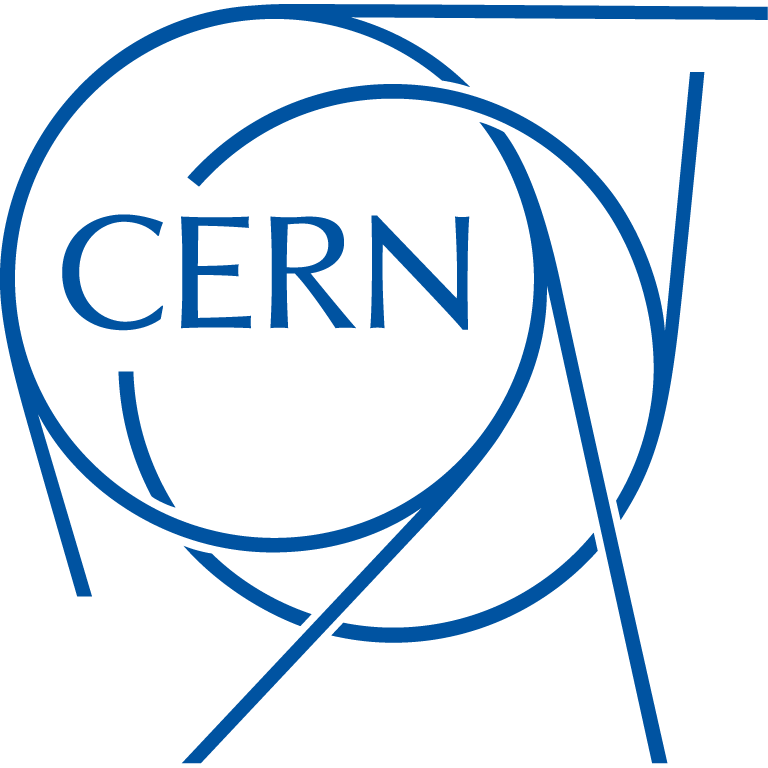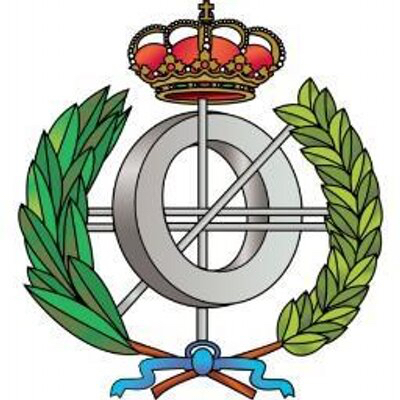CERN School of Computing 2017
Universidad Politécnica de Madrid
Welcome to the CERN School of Computing, which this year takes us to the world-class city of Madrid in Spain.
The programme
We have an indepth programme of advanced, interesting and challenging computing topics planned, which will provide ECTS university credits upon successful completion of the CSC exam.
CSC 2017 will provide around 52 hours of lectures and hands-on exercises. The hands-on component includes projects and mini-challenges carried out in small groups and as individuals.
We will be covering the broad domain of data storage and management technologies, fundamental concepts of Physics Computing, and cover many complementary topics such as software engineering, computer architecture, computing security and networking. See the Programme for more details.
Other activities
However it's not all study; the social and sporting programme is also a vital part of the School. Madrid is famous for its festivals, culture and cuisine, and along with your new friends and colleagues at the CSC 2017, there will ample opportunities to explore and experience the local area.
Who can apply?
The CSC 2017 school is aimed at postgraduate (ie. minimum of Bachelor degree or equivalent) engineers or scientists, working at CERN or at other research institutes, with experience in particle physics, in computing or in related fields. We welcome applications from all nationalities.
CSC 2017 is organised in collaboration with the Universidad Politécnica de Madrid.
Important dates
- Wednesday 10 May (midnight CET/GMT+1) - deadline for applications
- By Friday 2 June - you will be informed of outcome of selections
- Monday 19 June - latest date for School fees payment if you are accepted.
- Sunday 27 August - afternoon/evening - student arrivals at Residencia Galdos, Madrid.
- Saturday 9 September - morning - departure.


